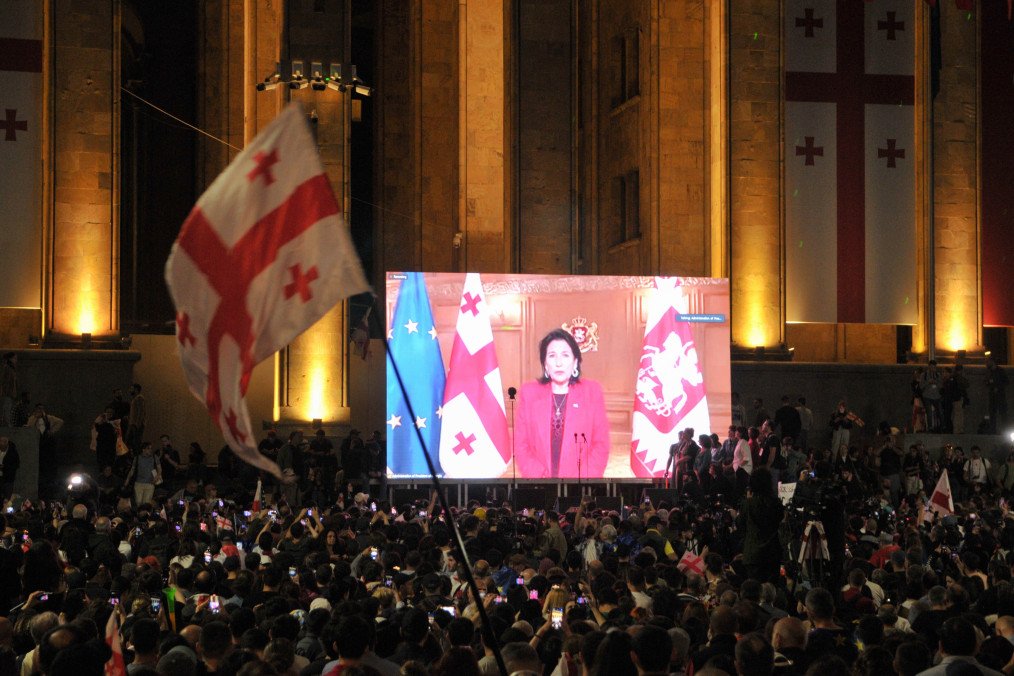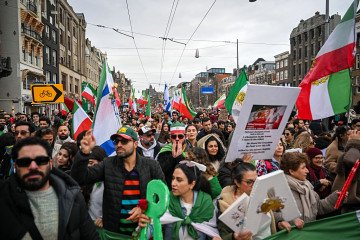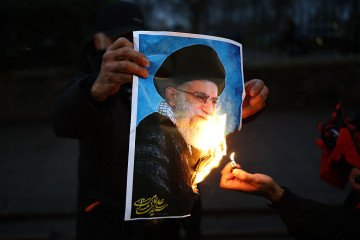- Category
- Latest news
Tbilisi Refuses to Impose Sanctions on Russia Despite European Parliament Resolution

Tbilisi does not plan to impose sanctions against Russia despite calls from Members of the European Parliament, stated Georgia's Minister of Economy, Levan Davitashvili. According to him, the government makes decisions in the interest of the Georgian people, stating that sanctions against Moscow would only harm Georgia.
“We make all decisions based on the interests of the Georgian people. We must explain to our partners, and they must understand that all our decisions serve the well-being of our country, which contributes to the overall well-being of Europe,” said Davitashvili.
Fourteen Members of the European Parliament have drafted a resolution titled “On the Decline of Democracy and Threats to Political Pluralism in Georgia.” The document urges Tbilisi to impose sanctions against Moscow and criticizes the new laws adopted by the Georgian authorities, including the "foreign agents" law and the ban on “LGBTQ+ propaganda,” proposing to freeze funding to the government until those laws are repealed.
The Vice-Speaker of the Georgian Parliament Gia Volsky characterized the European Parliament's resolution as interference in Georgia's domestic affairs.
“Imposing economic sanctions against Russia would have minimal impact on the overall economy, but for Georgia, such sanctions could be economically devastating. Therefore, we view this resolution as anti-Georgian rather than directed at the government. I believe it is politically biased,” said Volsky.
In recent years, Georgia has faced criticism for laws perceived as undermining democratic values, particularly the “foreign agents” law and the ban on “LGBTQ+ propaganda.” The “foreign agents” law, inspired by similar legislation in Russia, requires NGOs and media outlets receiving foreign funding to register as “foreign agents,” which critics argue suppresses dissent and stigmatizes civil society organizations. The ban on “LGBTQ+ propaganda” prohibits the promotion of LGBTQ+ rights and visibility, seen as a violation of human rights that marginalizes the LGBTQ+ community.

-72b63a4e0c8c475ad81fe3eed3f63729.jpeg)


